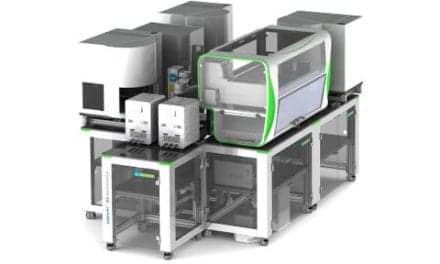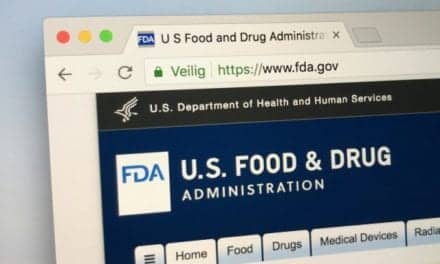The National Independent Laboratory Association (NILA) issued a press release sharing the results of its recent survey, which found that many laboratories have increased covid-19 testing capacity, but do not have enough supplies to carry out as much testing as they could:
With greater access to covid-19 testing supplies, community and independent laboratories can help scale up our nation’s overall testing capacity, an essential component of our fight against the covid-19 pandemic. The National Independent Laboratory Association (NILA) surveyed 12 community and regional laboratories who reported a potential collective increased capacity of up to 125,000 covid-19 tests per week. However, respondents also reported difficulty accessing necessary testing supplies. These and other laboratories could be a significant boon to our nation’s covid-19 testing capacity—if they have access to the supplies and materials necessary to perform critical covid-19 tests. For example, one regional laboratory reports an allocation from a manufacturer of enough reagent to process 500 tests per day, yet their laboratory’s capacity is at least 3,000 tests per day.
NILA members are facing shortages of test kits, reagents, and other materials, such as plastic pipette tips, without which they cannot perform the promised number of tests. “The federal government must do whatever it can to help alleviate the testing supply shortages NILA members are experiencing,” says Mark Birenbaum, PhD, executive director, NILA. “We won’t emerge from this pandemic unless we focus on testing, and community and regional independent laboratories are key to scaling up our nation’s testing capacity. We have not seen transparency from the federal government regarding where test supplies are being allocated and how community labs can increase their access to these essential supplies.”
Speedy test results are also critical in isolating infected patients and mitigating the spread of covid-19. Community and regional laboratories report they can provide test results within one to two days—significantly faster than the reported wait times experienced by many Americans in recent weeks and months. Mitigating supply shortages will help increase the number of tests provided as well as the speed with which test results are delivered.
For more information, visit NILA.





